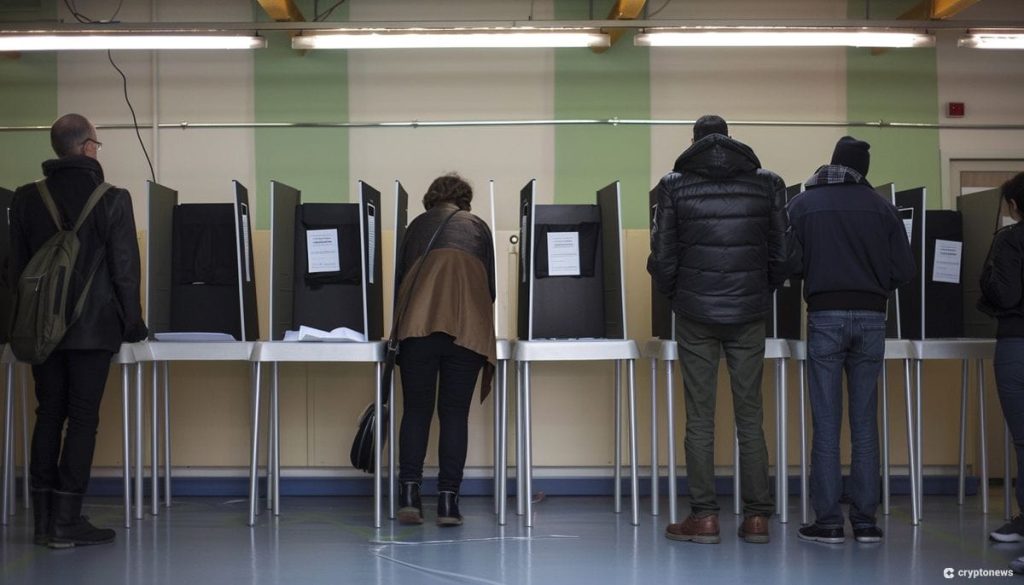The UK election is approaching, with an increasing likelihood of Labour winning. However, this is not expected to change the trajectory of the Conservative Party’s efforts towards crypto legislation. Since coming into power in 2010, the Conservative government has been working to create a positive environment for cryptocurrencies. In 2022, Rishi Sunak announced the vision for the UK to become a global hub for crypto assets technology, a goal that has been actively pursued. In June 2023, the UK parliament voted to recognize crypto as a financial instrument, allowing it to be regulated by the Financial Conduct Authority. Plans for legislation to facilitate the introduction of stablecoins and staking by mid-2024 have been underway, with the specific election date still pending.
Regulators in the UK, including the Bank of England and the FCA, have been proactive by releasing discussion papers on stablecoins, indicating that the Conservative government is on track to implement regulations. Economic Secretary Bim Afolami has confirmed progress towards the legislation for stablecoins and staking, labeling them as top priorities for the government in the coming weeks and months. Despite the recent surge in support for Labour in local elections, the party is expected to continue the Conservative approach to crypto. Labour has outlined its goals to establish the UK as a hub for securities tokenization, with the potential for significant growth in the field.
The rise of real-world asset tokenization protocols and the increasing adoption of crypto projects aiming to revolutionize traditional asset classes have been significant developments in the industry. Tokenized assets are projected to be worth close to $4 trillion globally by 2030, with a potential for significant growth under a Labour government. However, Labour has yet to provide specific details on how they plan to regulate crypto. Elections are now playing a pivotal role in shaping the future of cryptocurrencies globally, with major jurisdictions focusing on establishing strong regulatory support for the technology. The 2024 US election is expected to be crucial for the future of crypto in the country, with contrasting views on regulation from leading candidates.
The current Biden administration has taken a rigorous regulatory stance on crypto, which some view as hostile. In contrast, the Trump administration seeks to foster a more supportive environment for crypto, with the potential to attract businesses back to the country. Regulatory styles have a significant impact on the development and innovation within the crypto space and can either drive progress or hinder growth. These contrasting approaches highlight the importance of elections in shaping the regulatory landscape for cryptocurrencies and the implications for the industry’s future development.













